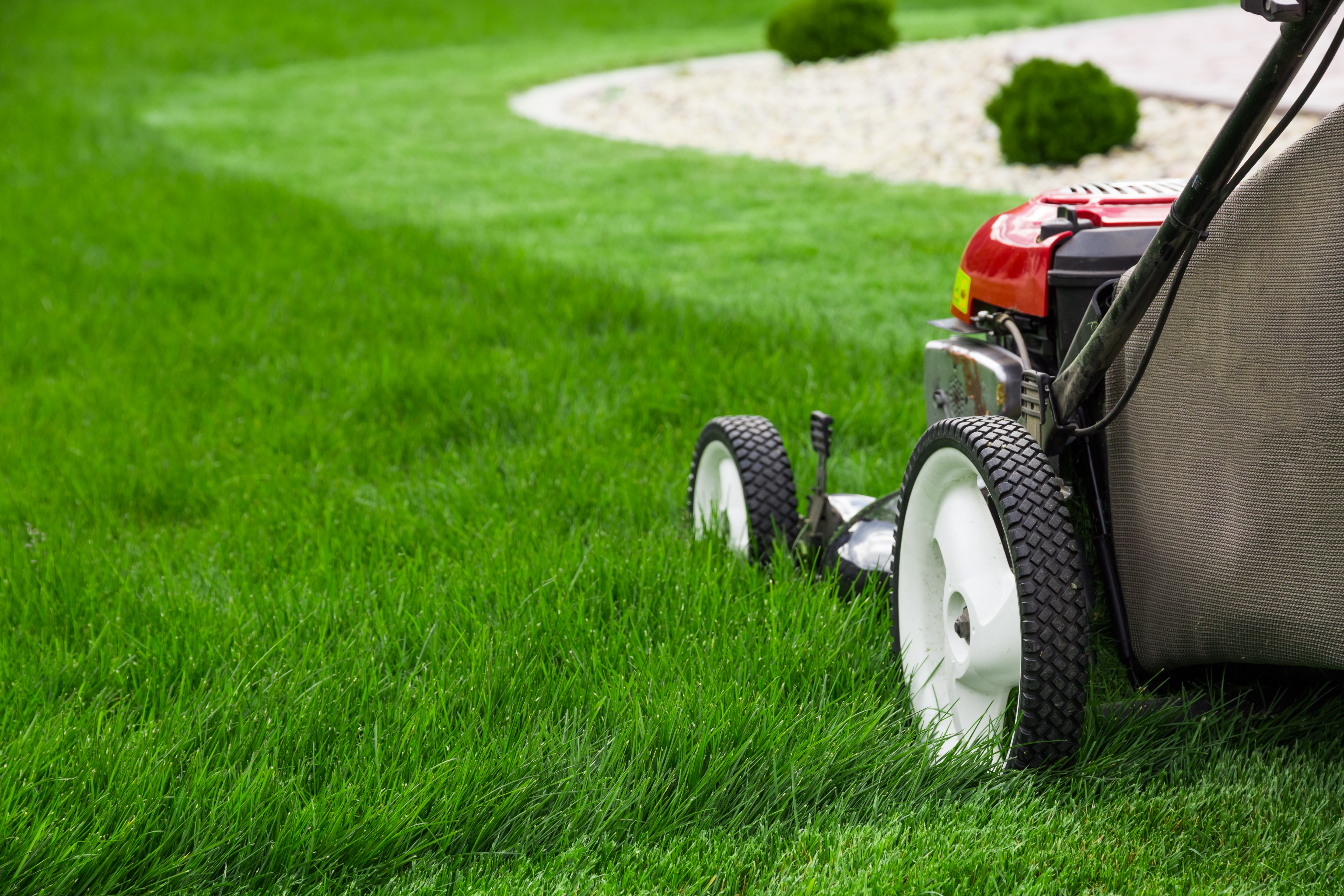Help the environment with your summer lawn care

Summer lawn care season is in full swing! Did you know that certain lawn maintenance activities can improve water quality for lakes, rivers and wetlands? These activities include:
- Mowing grass at higher lengths: Mowing grass at least three inches or higher makes your lawn healthier by strengthening the roots and reducing the need to water frequently.
- Mulching grass clippings into the lawn: Mulching grass clippings into the lawn provides a cost-effective and environmentally-friendly form of fertilizer.
- Removing grass clippings from the street, pavements, and storm drains: Removing any grass clippings from the street, driveways, sidewalks, and home gutters keeps them from washing into lakes, rivers or wetlands. Grass clippings and leaf debris that enter surface waters contribute to algae overgrowth. Grass clippings and leaves that collect in the streets can block storm drains, often leading to roads flooding during heavy rainstorms. It is much easier to remove this debris before it gets stuck inside a storm sewer. Additionally, dense grass clippings and leaf debris piles in the roadway can be dangerous for cyclists, joggers and other recreational users, as this debris can be slippery when wet and decomposing.
- Adding grass seed other than Kentucky bluegrass: Look for grass seeds classified as “eco-grass,” which are more drought resistant and require less water. Eco-grasses also provide greater lawn stabilization with a deeper root system that effectively holds the ground and soil in place, preventing erosion.
- Using environmentally-friendly pesticides: When possible, choose pesticides that are not harmful to pollinator insects, like bees. Use pesticides sparingly.
Learn more about these tips and how you can incorporate them into your lawn care routine:
University of Minnesota Extension
Mississippi Watershed Management Organization.
Posted on Monday, May 31, 2021 - 1:32 p.m.